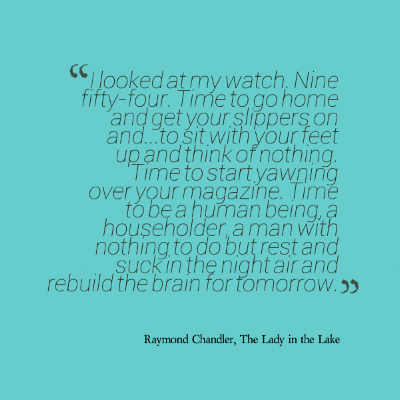Sunday, at church, after the service was over, we sat again, as has become customary, while our extraordinary organist played the postlude. Instruction to stay seated is not given in the bulletin; it just started happening. Not everyone stays and listens. Many get up and move to greet the minister, chat with a friend or visitor, or go find the coffee and treats. Those of us who do stay usually keep seated where we are but some switch to a pew closer to the front, where the pipe organ lives. Sunday's postlude was the most beautiful Bach's Prelude and Fugue in C Major. I love this quiet moment, this spontaneous and organic practice of leisure, this corporate dwelling in beauty.
In my work as a medical writer I've written a little about "consolidation therapy" - for some kinds of cancer, once the main treatment is finished another course of something is given to "consolidate" the main treatment's effect and to help finish the work it started. I sometimes think of walks after a session of creative writing as a period of consolidation. The thoughts and images that had earlier rushed in at the writing desk are given a chance to gel and find their place.
It struck me on Sunday, sitting quietly in that pew with Bach ringing, that this post-service listening is a kind of "consolidation therapy." The Word that has already moved through the hymns, the prayers, the readings, the sermon, the communion table now sinks in deeper, finishing the morning's inner work in ways unseen.
~~~
[Photo: taken on a Memorial Day hike.]









